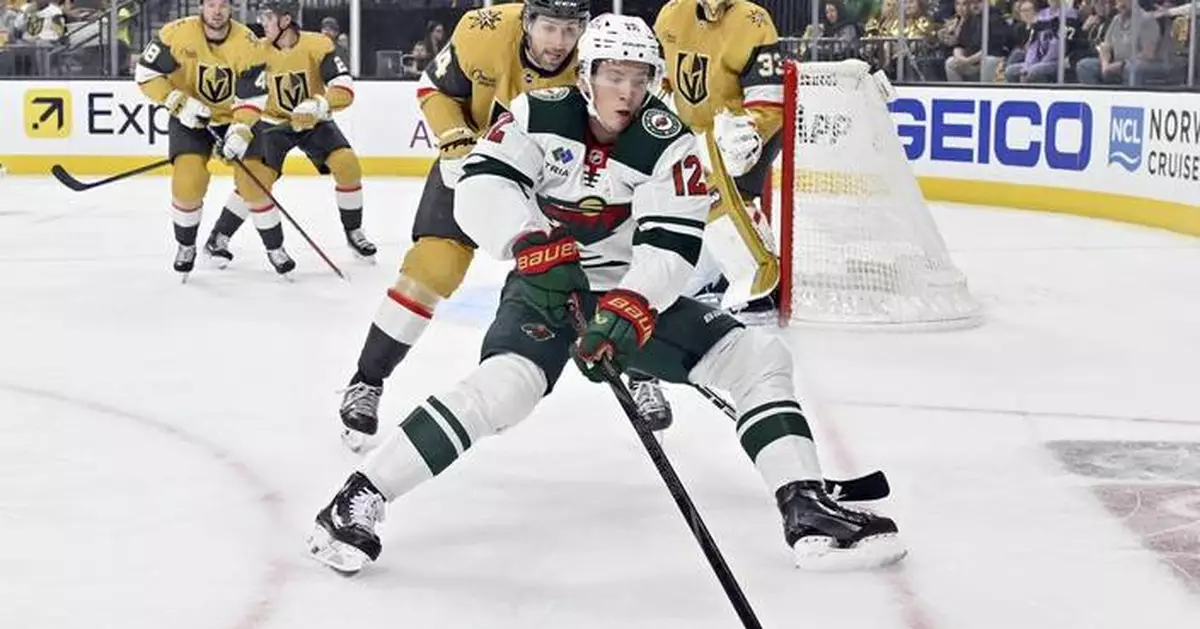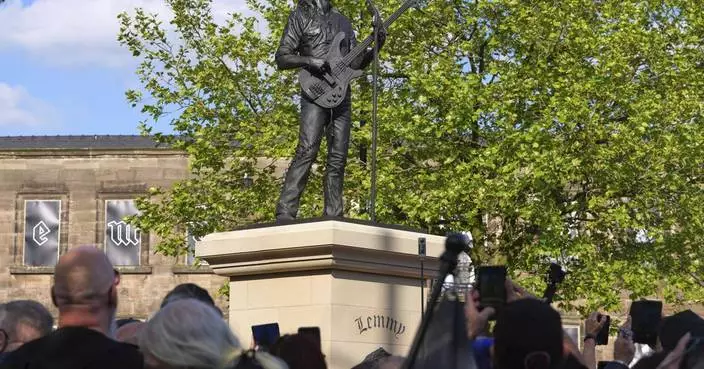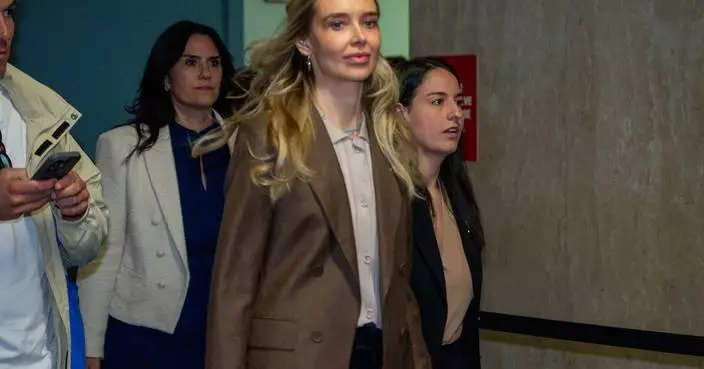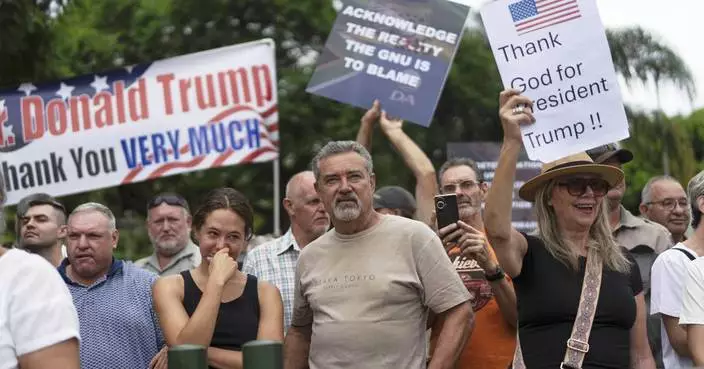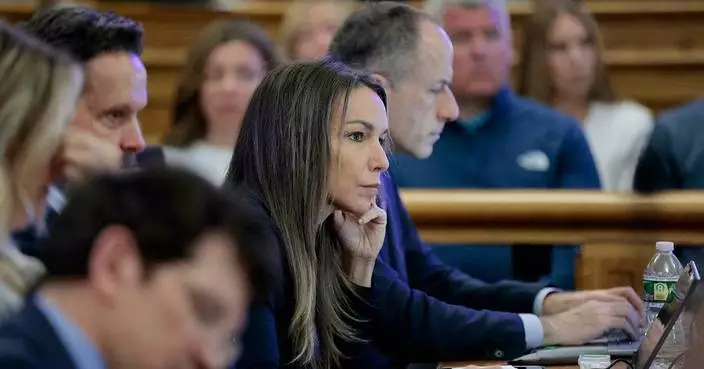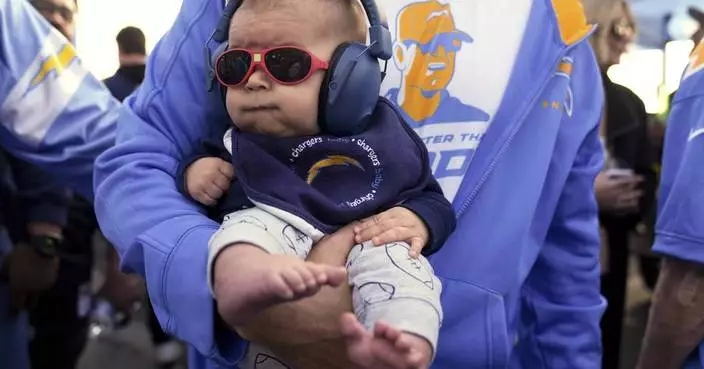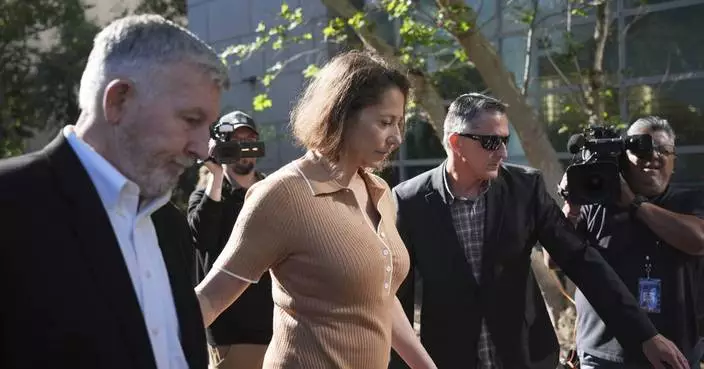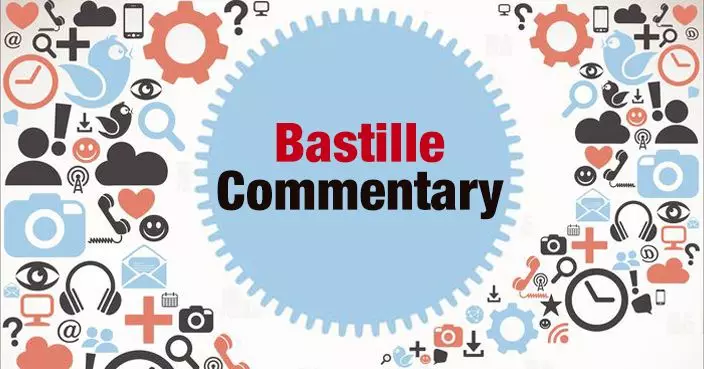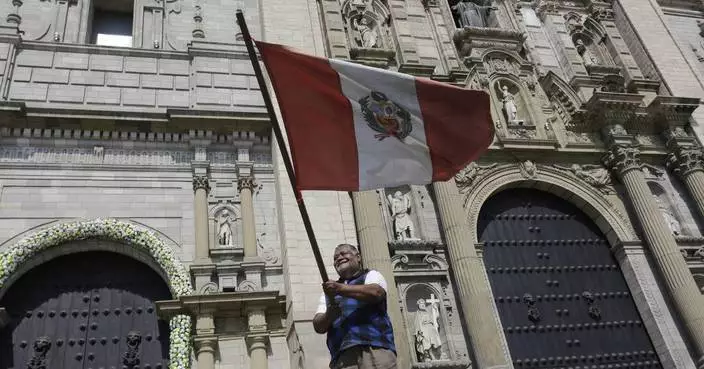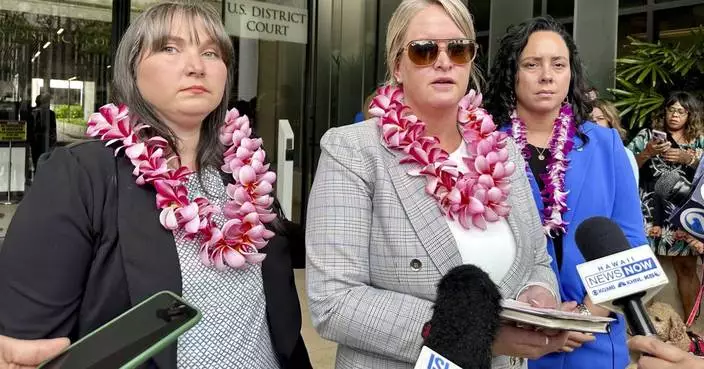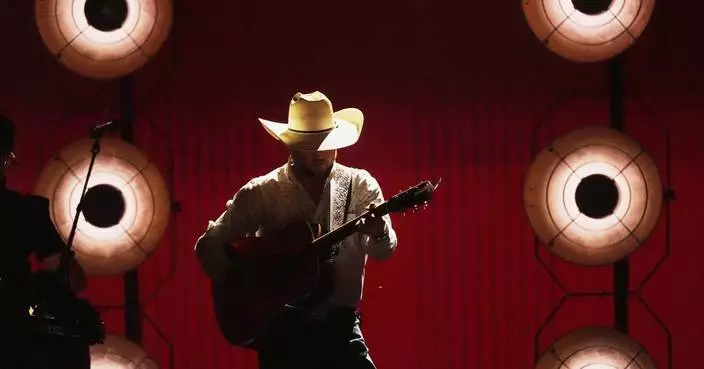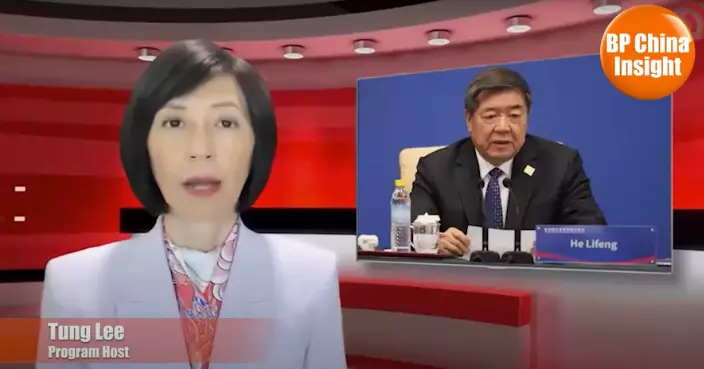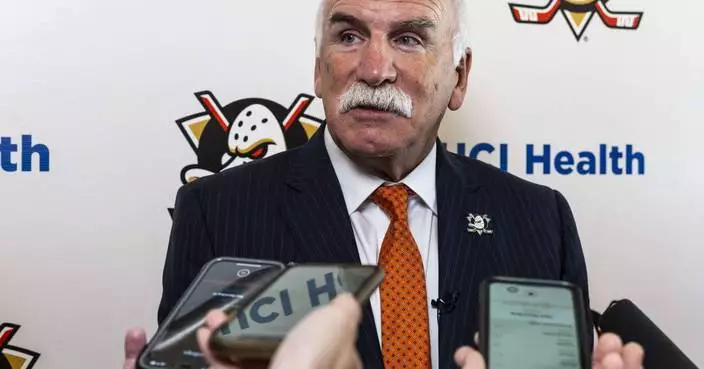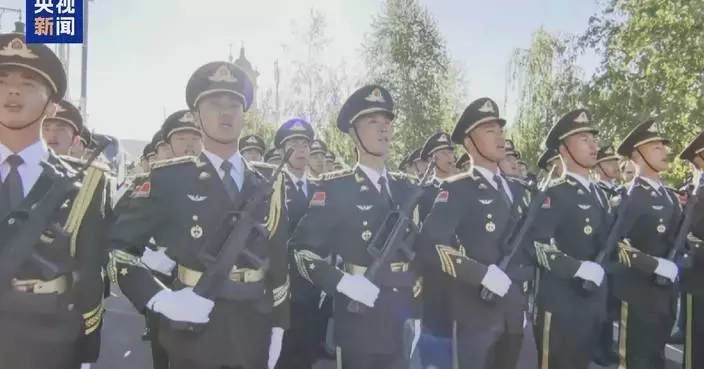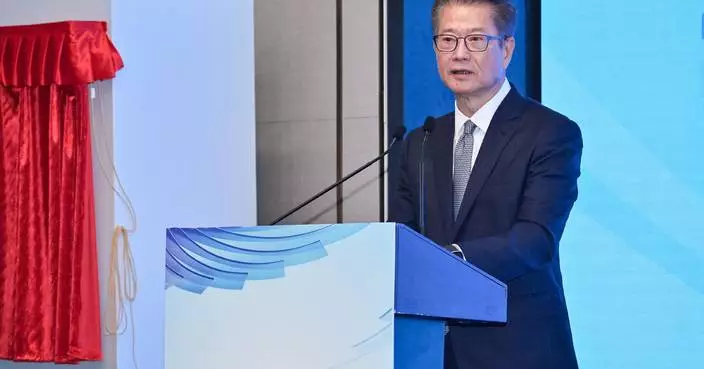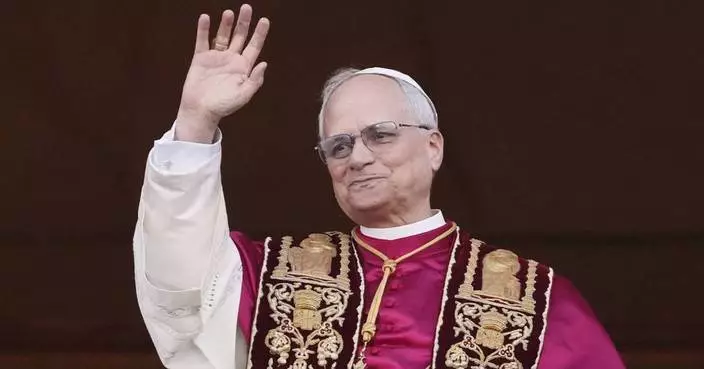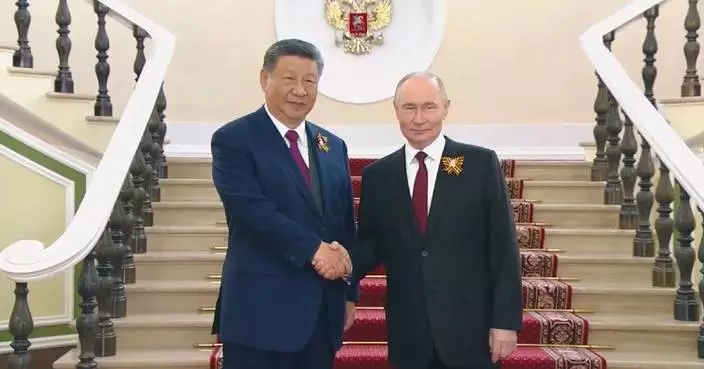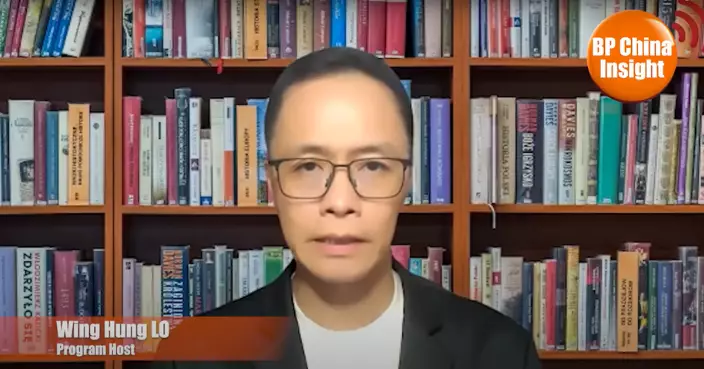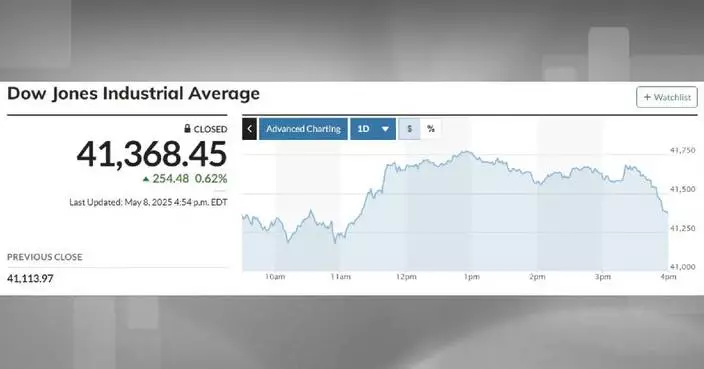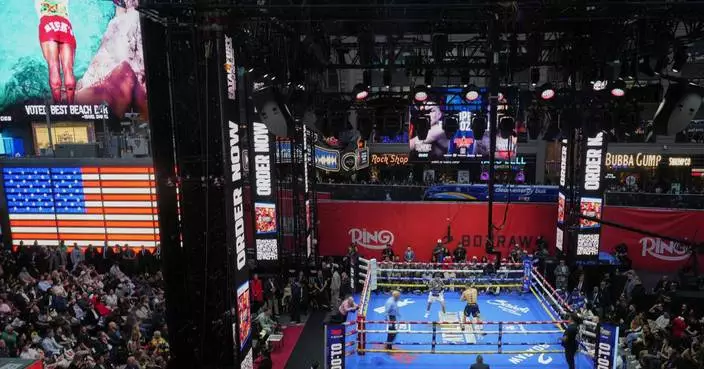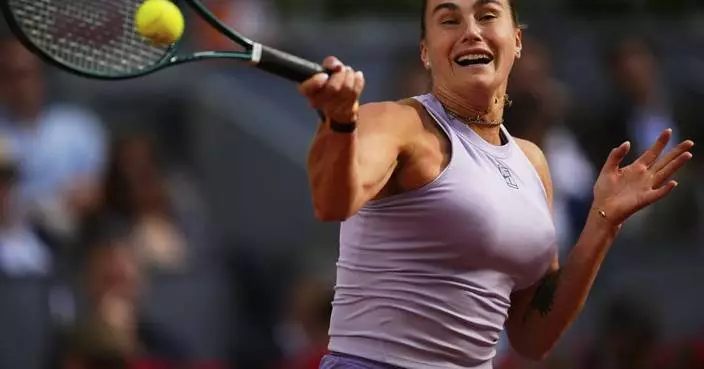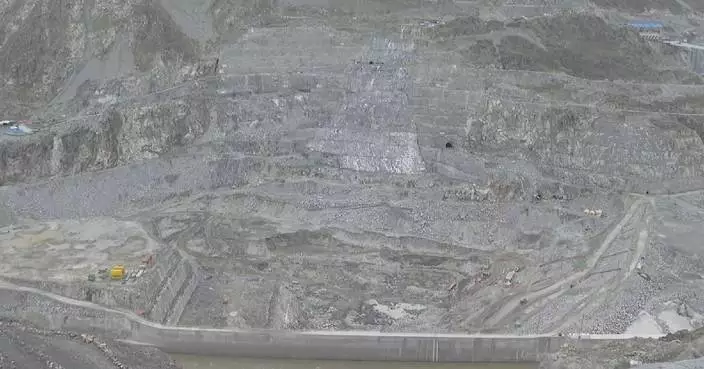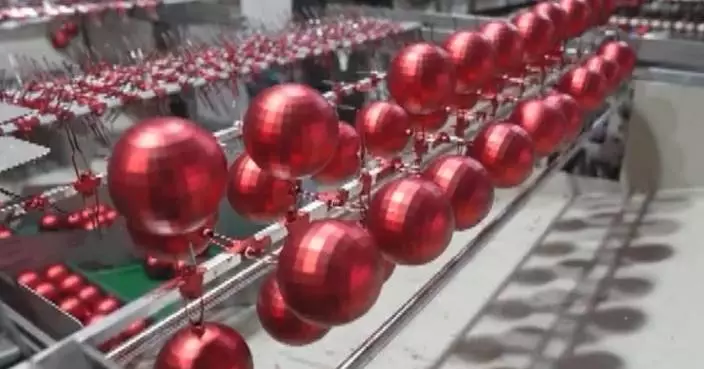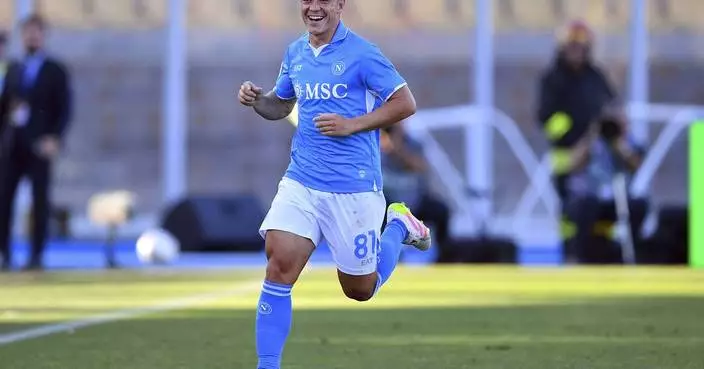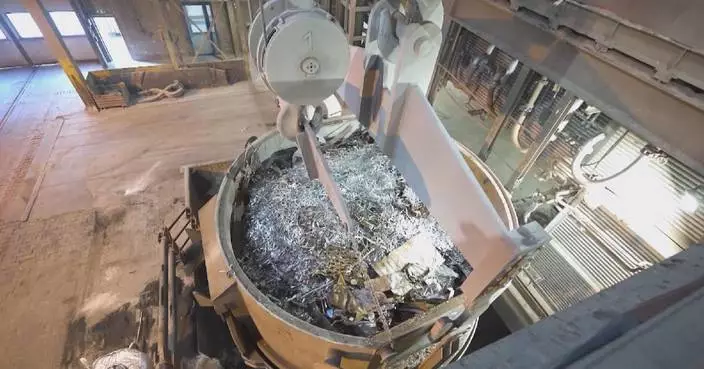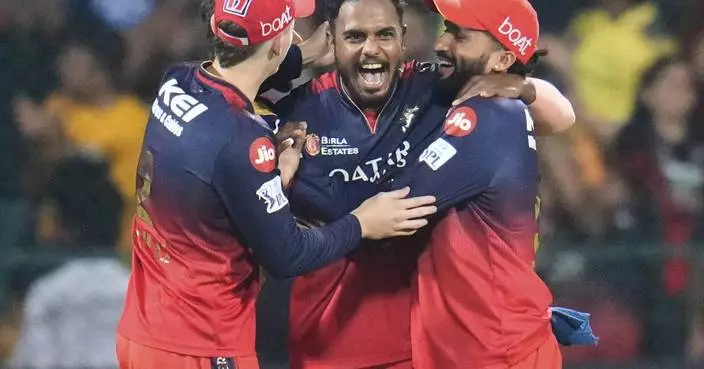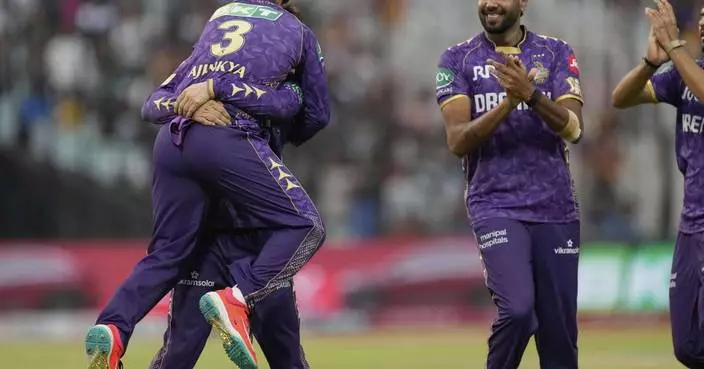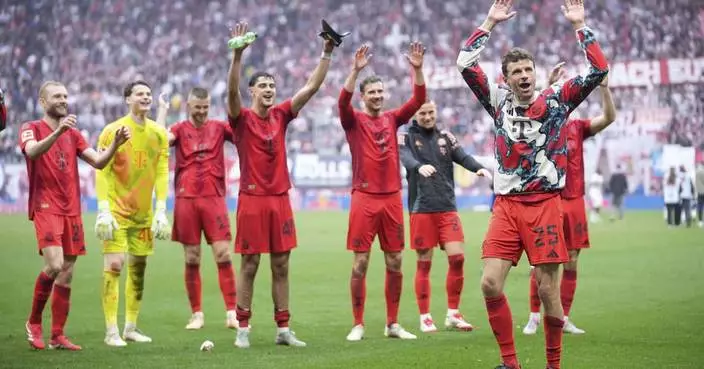LAS VEGAS (AP) — If the Wild finally break through and win their first playoff series in a decade, Minnesota's top line likely will be the reason.
They were all over the Golden Knights through the first two games of this series, which is 1-1 going back to Minnesota for Game 3 on Thursday night. The Wild tied the series with a 5-2 win on Tuesday night.
Matt Boldy had three goals and an assist in the first two games and Kirill Kaprizov produced two goals and three assists. Joel Eriksson Ek, who centers the line, has yet to get on the scoresheet.
“I think the biggest thing with our line is just getting pucks back, forechecking hard, hanging on to pucks,” Boldy said. “When you can do that and you can stay in the zone and get second, third chances ... it's hard. As a defender, when you're out there with guys like that, you end up being in the zone for a while.”
It's a line that was put together the second-to-last game of the regular season, largely because of injuries. Kaprizov missed 41 games this season and Eriksson Ek was out for 36.
“I think Ecky, Bowls and Kirill, they play a playoff-style type of hockey,” Wild coach John Hynes said. “They play north. They play direct. They can use their competitive level in combination with skill. It gives them a chance to be a line that's hard to play.”
Hynes leaned heavily on that line in Game 1, a 4-2 loss, and it was the only one that produced positive results in the opener. They played 17:22 at 5-on-5, according to Natural Stat Trick, and none of the other lines were on the ice for more than nine minutes.
That changed just two nights later. Three lines saw double-digit minutes of action at 5-on-5 and each scored at least one goal.
Receiving that more varied production could bode well facing a Golden Knights team that prides itself on using all four lines.
Now the series heads back to Minnesota and the Wild will try to build on this performance.
Their top line was nearly unstoppable the first two games. Vegas has to show it can at least slow down that trio.
Otherwise, the Wild's long playoff series drought might finally end.
“They're just unpredictable,” Golden Knights defenseman Noah Hanifin said. “They're real creative. They're high-skill players. We've got to be better on them and harder on them because they drive all the offense.”
AP NHL playoffs: https://apnews.com/hub/stanley-cup and https://apnews.com/hub/nhl
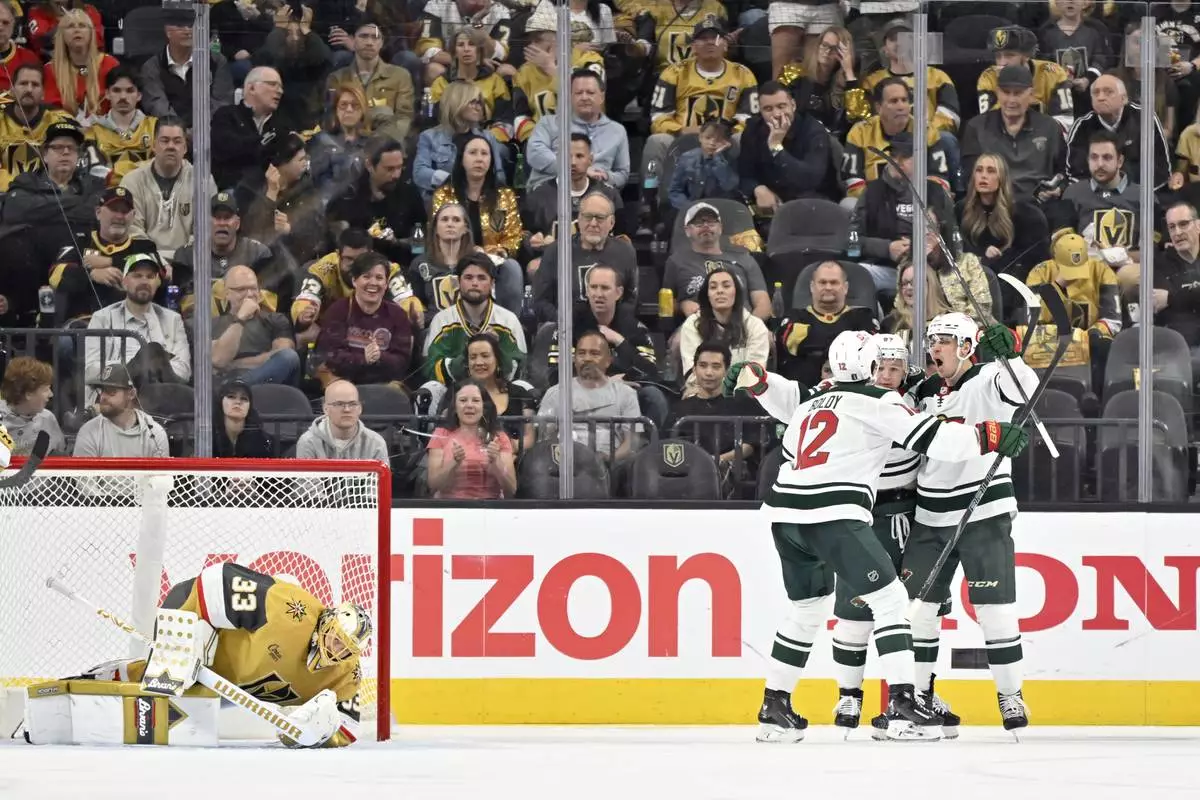
Minnesota Wild players celebrate a goal by left wing Kirill Kaprizov against Vegas Golden Knights goaltender Adin Hill (33) during the second period of Game 2 of a first-round NHL hockey playoff series Tuesday, April 22, 2025, in Las Vegas. (AP Photo/David Becker)
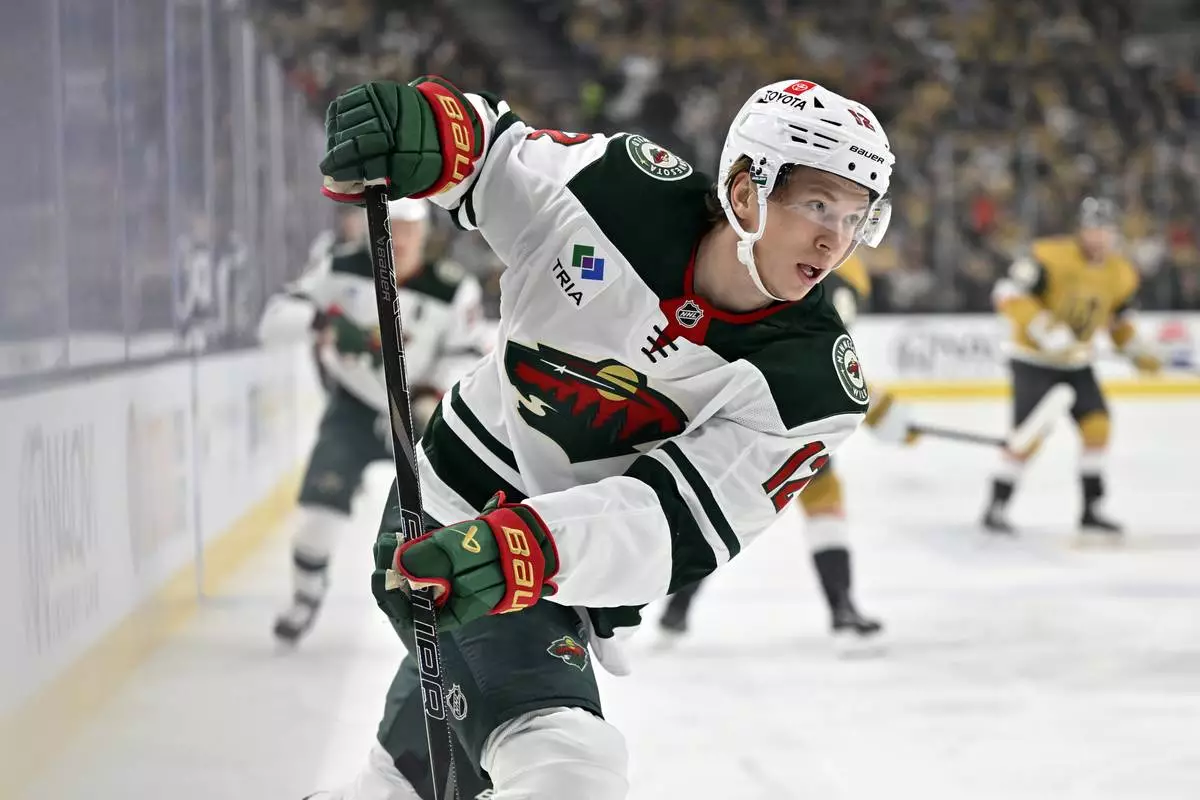
Minnesota Wild left wing Matt Boldy (12) skates against the Vegas Golden Knights during the first period of Game 2 of a first-round NHL hockey playoff series Tuesday, April 22, 2025, in Las Vegas. (AP Photo/David Becker)
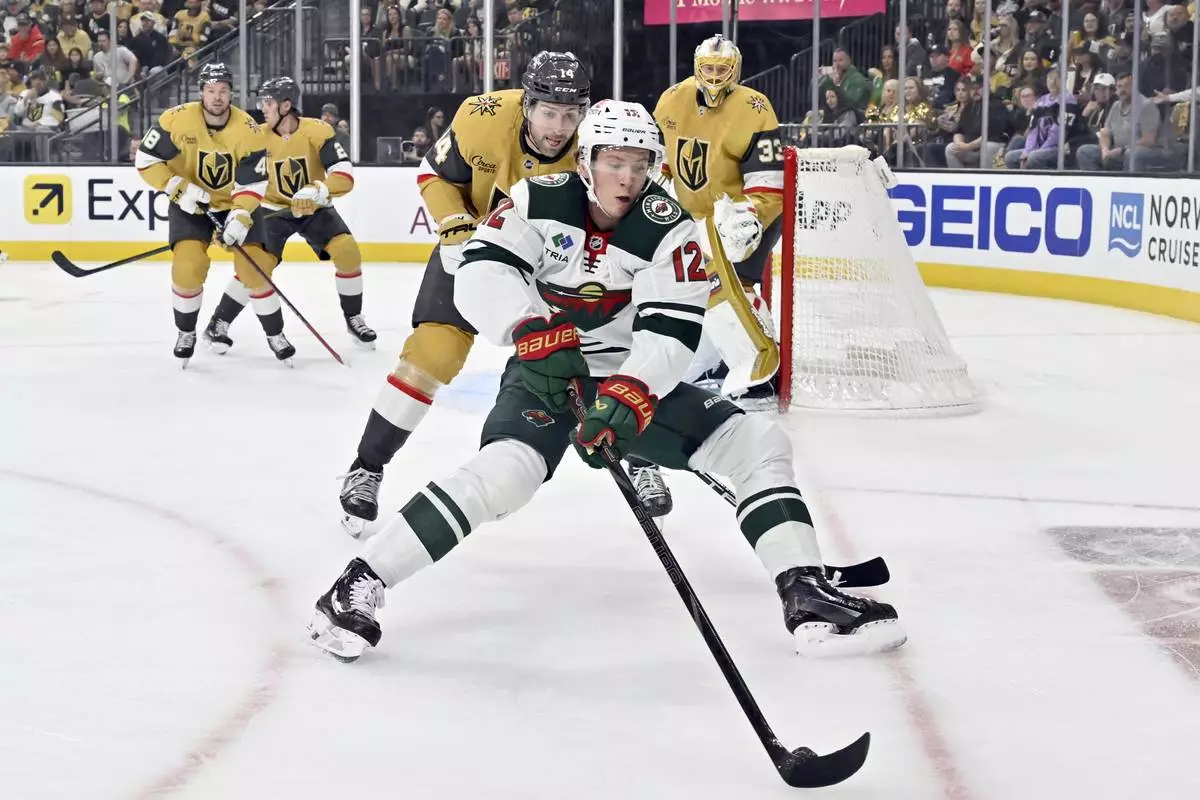
Minnesota Wild left wing Matt Boldy (12) and Vegas Golden Knights defenseman Nicolas Hague (14) battle for the puck during the first period of Game 2 of a first-round NHL hockey playoff series Tuesday, April 22, 2025, in Las Vegas. (AP Photo/David Becker)
KHAN YOUNIS, Gaza Strip (AP) — International aid agencies warned Friday that Israeli plans to control aid distribution in Gaza, including a U.S.-backed proposal, will only increase suffering and death in the devastated Palestinian territory, calling on Israel to lift its blockade on food and other supplies, now in its third month.
The U.S. ambassador to Israel, Mike Huckabee, said the new U.S.-devised aid system would be launched soon, urging the U.N. and other aid groups to participate. So far, the U.N. has rejected the new system, saying it “weaponizes aid,” threatens to cause mass displacement of Palestinians, violates principles of neutrality and simply won't be able to provide the scale of aid needed.
In what has become a daily scene of desperation in Gaza, thousands of Palestinians crowded a charity kitchen in the southern city of Khan Younis, jostling and waving their pots to receive scoops of pasta. Such kitchens are virtually the only source of food left for the territory’s 2.3 million people, but dozens have shut down in recent days as food supplies run out under Israel's blockade. Aid groups say more closures are imminent.
Raed al-Zaharna and his children walked away emptyhanded after the day's meals ran out. “I’m thinking now, ‘What will I feed them?’ I can’t find anything,” he said.
Israel has blocked food, medicine, fuel and other supplies from entering Gaza since March 2, saying it's trying to pressure Hamas into releasing hostages and disarming. It also shattered a ceasefire deal with Hamas, relaunching bombardment across Gaza and seizing large swaths of the territory. Rights groups have called the blockade a “starvation tactic” and a potential war crime.
Israel has said it won't resume aid until it installs a new distribution mechanism, replacing the massive operation led by the U.N. and independent relief groups throughout the 19-month-old war. Israel accuses Hamas and other militants of siphoning off aid, though it hasn't presented evidence for its claims. The U.N. denies significant diversion takes place, saying it monitors distribution.
“Humanitarian aid should never be used as a bargaining chip,” UNICEF spokesperson James Elder said in Geneva. “There is a simple alternative. Lift the blockade, let humanitarian aid in, save lives.”
Huckabee said details of the new U.S.-backed system would be announced in the coming days, with deliveries set to begin “very soon,” though he gave no time frame.
He depicted it as independent from Israel, which he said wouldn't be involved in distribution. He said private companies would provide security, while Israel's military would secure the perimeters from afar. He echoed Israel's claims that it was necessary because Hamas was stealing aid.
“I will be the first to admit it will not be perfect, especially in the early days,” Huckabee said.
A new group supported by the U.S., called the Gaza Humanitarian Foundation, or GHF, has proposed implementing an aid distribution project along the lines of Israel’s demands, according to documents obtained by The Associated Press. The group is made up of American security contractors, former government officials, ex-military officers and humanitarian officials.
In its proposal, GHF said that it would initially set up four distribution sites, guarded by private security firms. Each would serve 300,000 people, covering only about half of Gaza’s population. Huckabee said that the system will be scaled up “as soon as it is possible.”
Aryeh Lightstone, a senior member of U.S. special envoy Steve Witkoff’s team, was involved in briefing U.N. agencies and aid groups about the foundation in Geneva on Thursday, according to one person who attended, Joseph Belliveau, executive director of Medglobal, a medical humanitarian group operating in Gaza. He said that he and other attendees pressed back saying the new model shouldn't replace the current, independent and neutral system led by the U.N.
Belleveau said that aid groups had been working for years “with strict due diligence processes ... in a way that avoids diversion” of aid.
"What we need is to be just allowed (to work). We need that blockade lifted,” he said.
Israel has given no details publicly about the new aid mechanism. The U.N. says that what Israel has outlined to it so far in private discussions violates humanitarian principles.
“As the Secretary-General has made clear, the U.N. will not engage in any arrangement that fails to uphold the humanitarian principles: humanity, impartiality, independence and neutrality,” the agency's emergency aid office said in a statement Friday.
Elder, of UNICEF, said that the plan as presented in the GHF document appears “designed to reinforce control over life-sustaining items as a pressure tactic.”
Aid workers say Palestinians would be forced to move to the distribution hubs or walk for miles to reach them, triggering a forced displacement depopulating large parts of Gaza. Though hub locations haven't been set, aid workers say that according to briefings they received, it appears none will be located in northern Gaza, where hundreds of thousands of Palestinians are located.
Throughout the war, Israel has repeatedly called for Palestinians to leave the north, including Gaza City, saying it's for their safety as troops battle Hamas militants.
Elder said that the plan would entrench forced displacement “for political and military purposes.” The most vulnerable, including children, older people and those suffering from illness, may not be able to get to the hubs, he said.
In a statement last month, 20 aid groups operating in Gaza said the plan would force Palestinians into “de facto internment conditions” in pockets around the hubs.
Israel has also told U.N. officials it wants to vet aid recipients, aid workers say, raising fears it could withhold aid from some for political or military reasons, though the GHF proposal says aid would be distributed according to need.
Elder also warned civilians will be endangered as they seek aid in militarized areas.
“More children are likely to suffer and risk death and injury as a consequence of this plan,” Elder said.
Aid officials say the new system also simply won't provide enough aid. Relief groups have operated hundreds of distribution points around Gaza distributing food, water, shelter supplies and other goods, even as they support medical centers, run shelters and implement other programs.
The operation has been led by UNRWA, the main U.N. agency for Palestinian refugees. Israel banned the agency last year, alleging its staff have been infiltrated by Hamas. UNRWA, which employs more than 10,000 people in Gaza, said that it acts quickly to remove anyone suspected of militant ties, and that Israel hasn’t given it evidence of its claims.
UNRWA spokesperson Juliette Touma said the agency has “the largest reach” and ”it is very, very difficult to imagine any humanitarian operation without UNRWA.”
Ruth James, Oxfam regional humanitarian coordinator, said large networks are needed to get aid to everyone. “That takes time and expertise,” she said. “Any new system that comes in this quickly and without humanitarian expertise and trust from communities will not be able to do that.”
Huckabee called on U.N. agencies and aid groups to join the new mechanism.
Jens Laerke, spokesperson for the U.N. humanitarian office, said Friday that U.N. concerns have not been addressed in multiple meetings with Israeli officials. He dismissed claims that theft of aid was significant in scale.
“The problem is the blockage of hundreds of aid trucks that should go into the Gaza Strip every single day. That is the root cause of the humanitarian crisis.”
El Deeb reported from Beirut, and Keaten from Geneva.
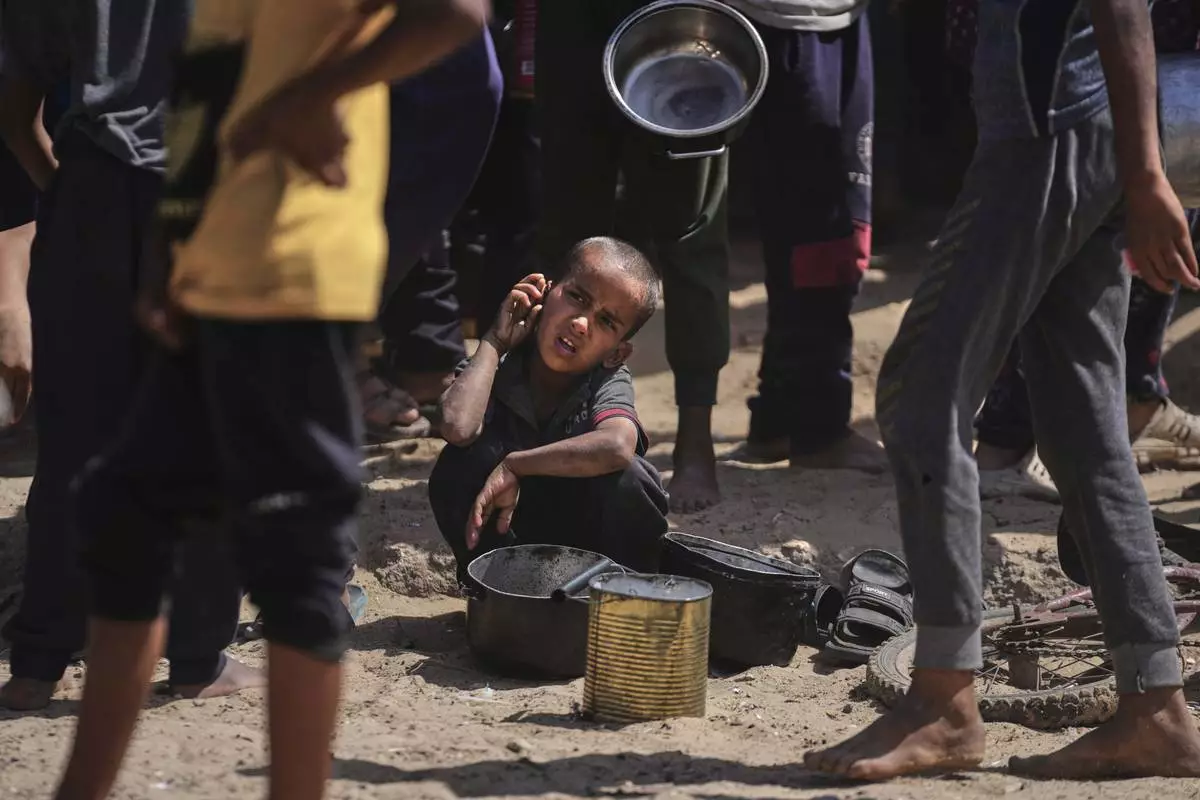
A Palestinian child rests while struggling to obtain donated food at a community kitchen in Khan Younis, in the southern Gaza Strip, Friday, May 9, 2025. (AP Photo/Abdel Kareem Hana)
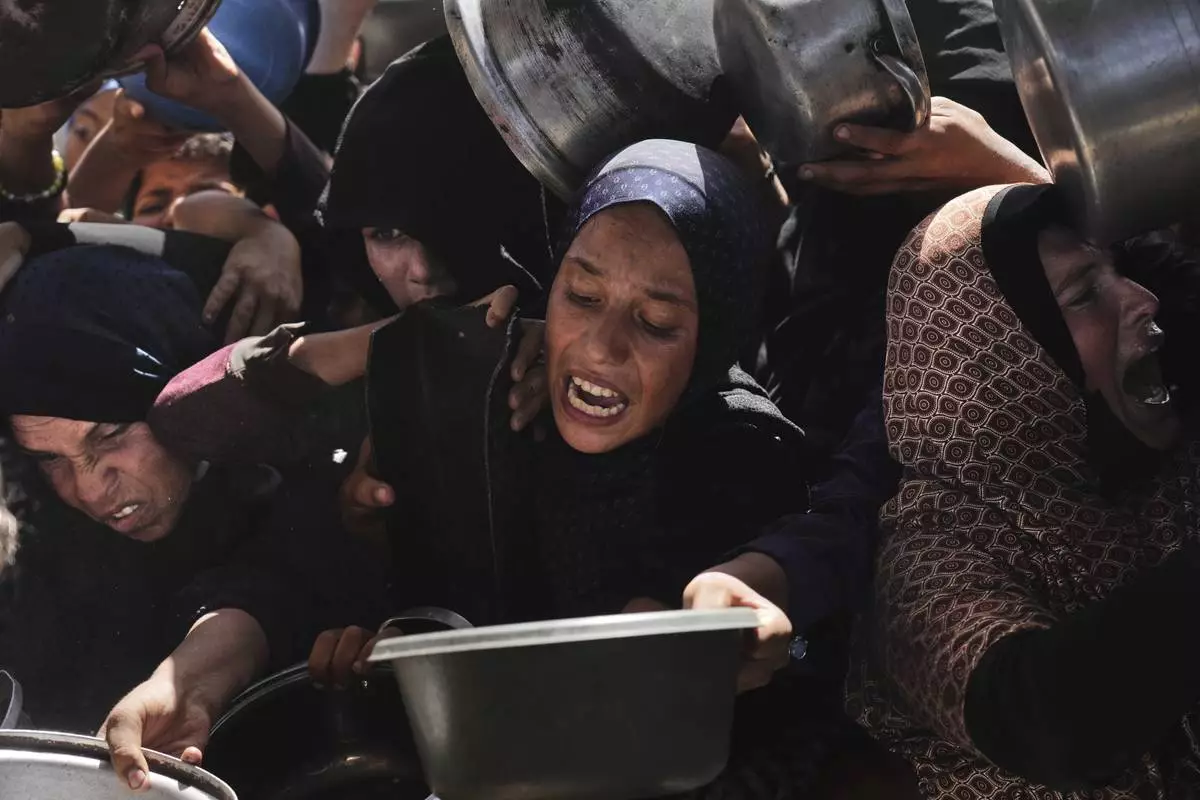
Palestinians struggle to obtain donated food at a community kitchen in Khan Younis, in the southern Gaza Strip, Friday, May 9, 2025. (AP Photo/Abdel Kareem Hana)
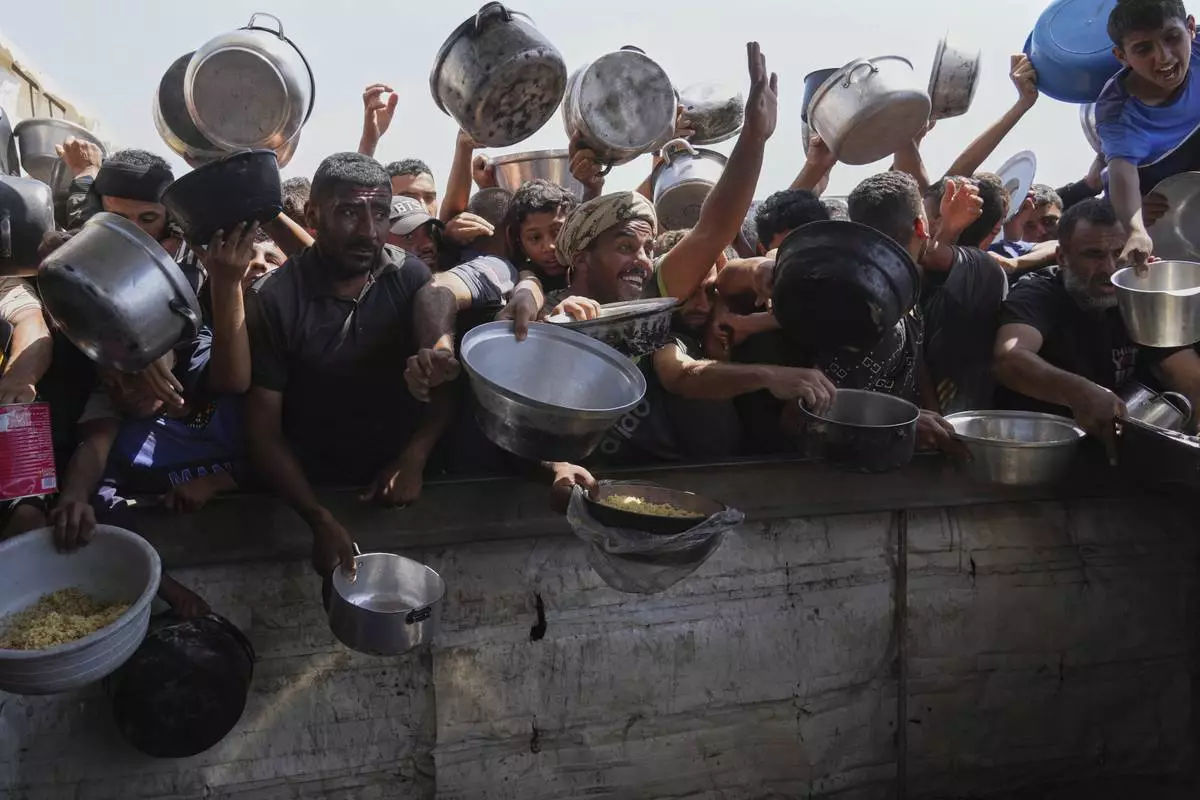
Palestinians struggle to obtain donated food at a community kitchen in Khan Younis, in the southern Gaza Strip, Friday, May 9, 2025. (AP Photo/Abdel Kareem Hana)
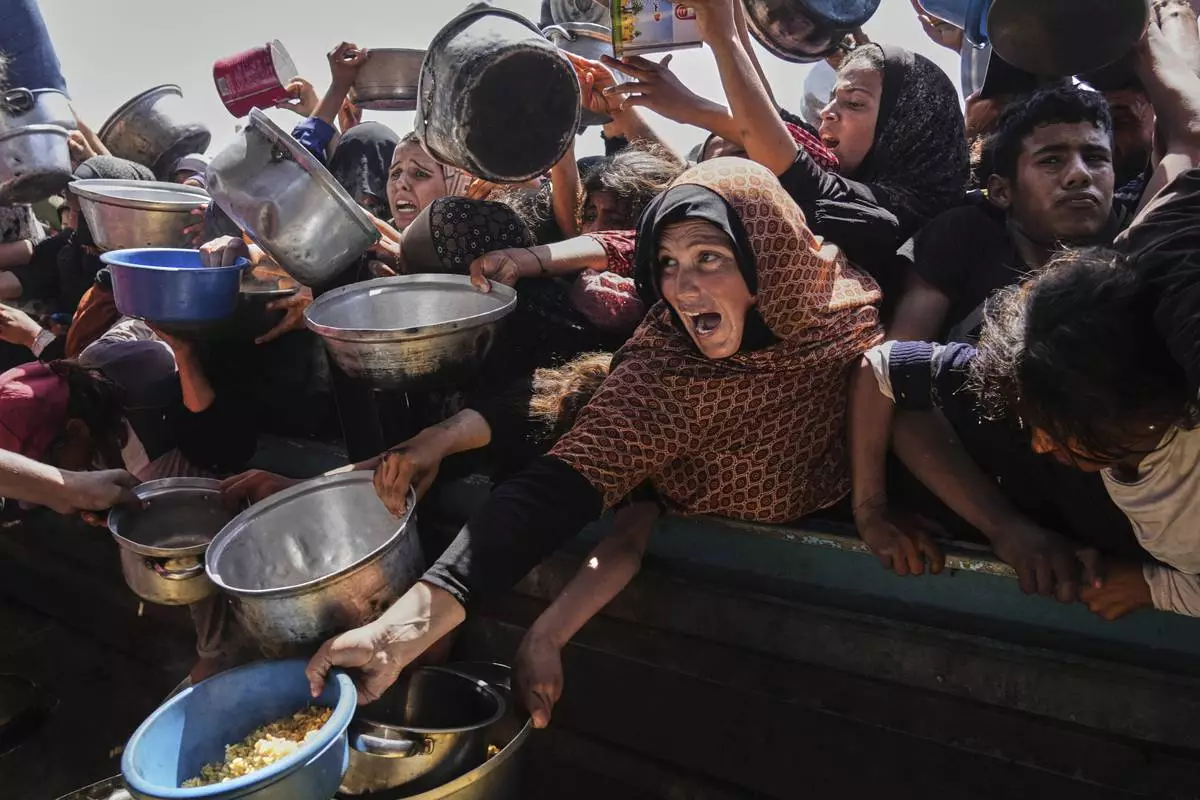
Palestinians struggle to obtain donated food at a community kitchen in Khan Younis, in the southern Gaza Strip, Friday, May 9, 2025. (AP Photo/Abdel Kareem Hana)





